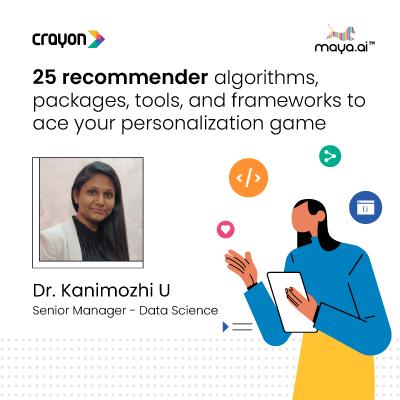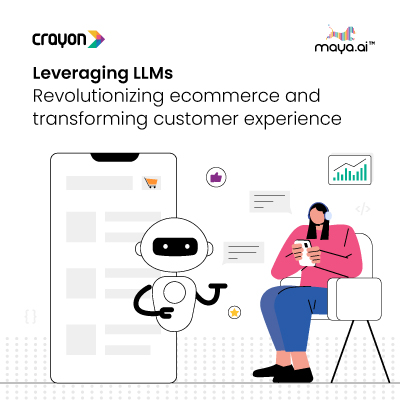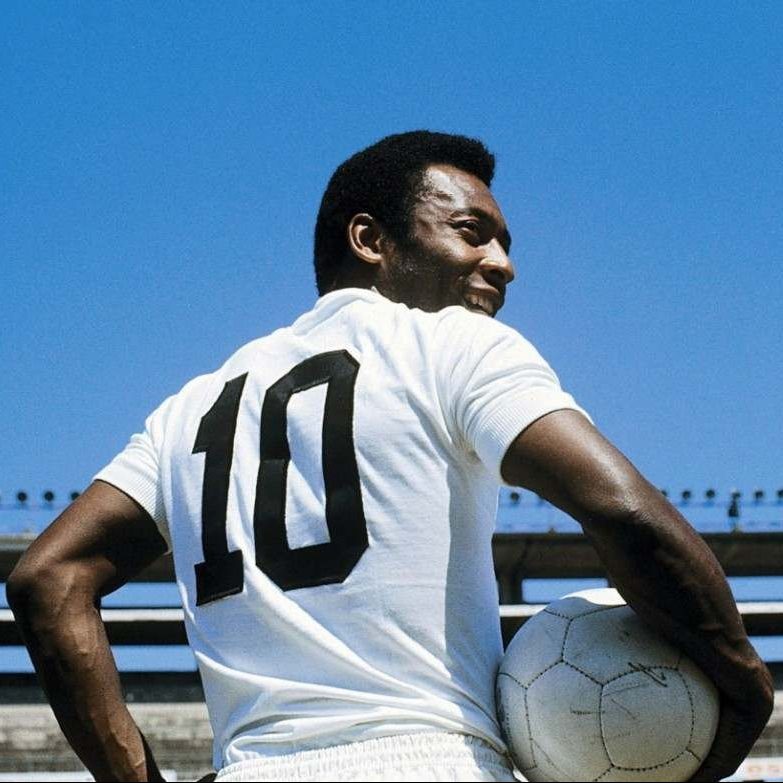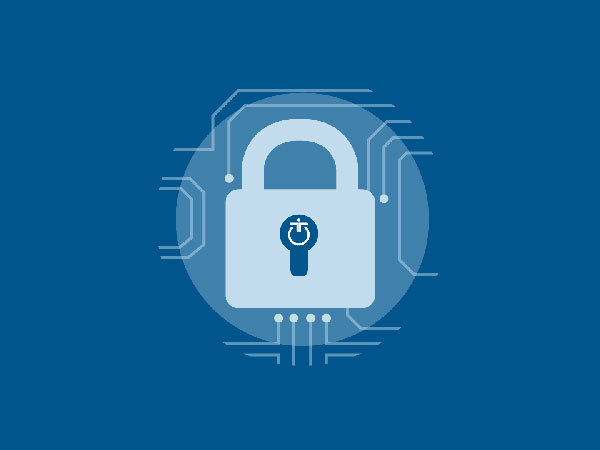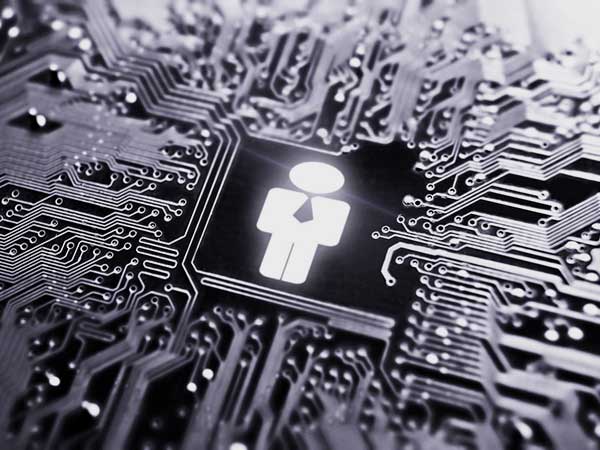Big Data: the friend you met at a bar after your usual two drinks, plus one. You leaned in, listening more intently than usual. “Digital footprint.” “Information Age.” You nodded and smiled, even though you didn’t understand. “Change the world.” “The future.” You were impressed—and even if you weren’t, you faked it well.
Come morning, you have only fuzzy recollections of Big Data, its taglines and buzzwords. You also find it vaguely reprehensible.
If you’re still up for it, there’s another side of Big Data you haven’t seen—not the one that promised to use our digital world to our advantage to optimize, monetize, or systematize every last part our lives. It’s the big data that rears its ugly head and tells us what we don’t want to know. And that, as Christian Rudder demonstrates in his new book, Dataclysm: Who We Are (When We Think No One’s Looking), is perhaps an equally worthwhile pursuit. Before we heighten the human experience, we should understand it first.
Rudder, a co-founder of OkCupid and Harvard-educated data scientist, analyzed millions of records and drew on related research to understand how we search and scramble for love. But the allure of Rudder’s work isn’t that the findings are particularly shocking. Instead, the insights are ones that most of us would prefer not to think about: a racial bias against black women and Asian men, or how “gay” is the top Google Search suggestion for “Is my husband… .”
Here are 9 revelations about sex and dating, courtesy of Rudder, Dataclysm, and, of course, big data.
